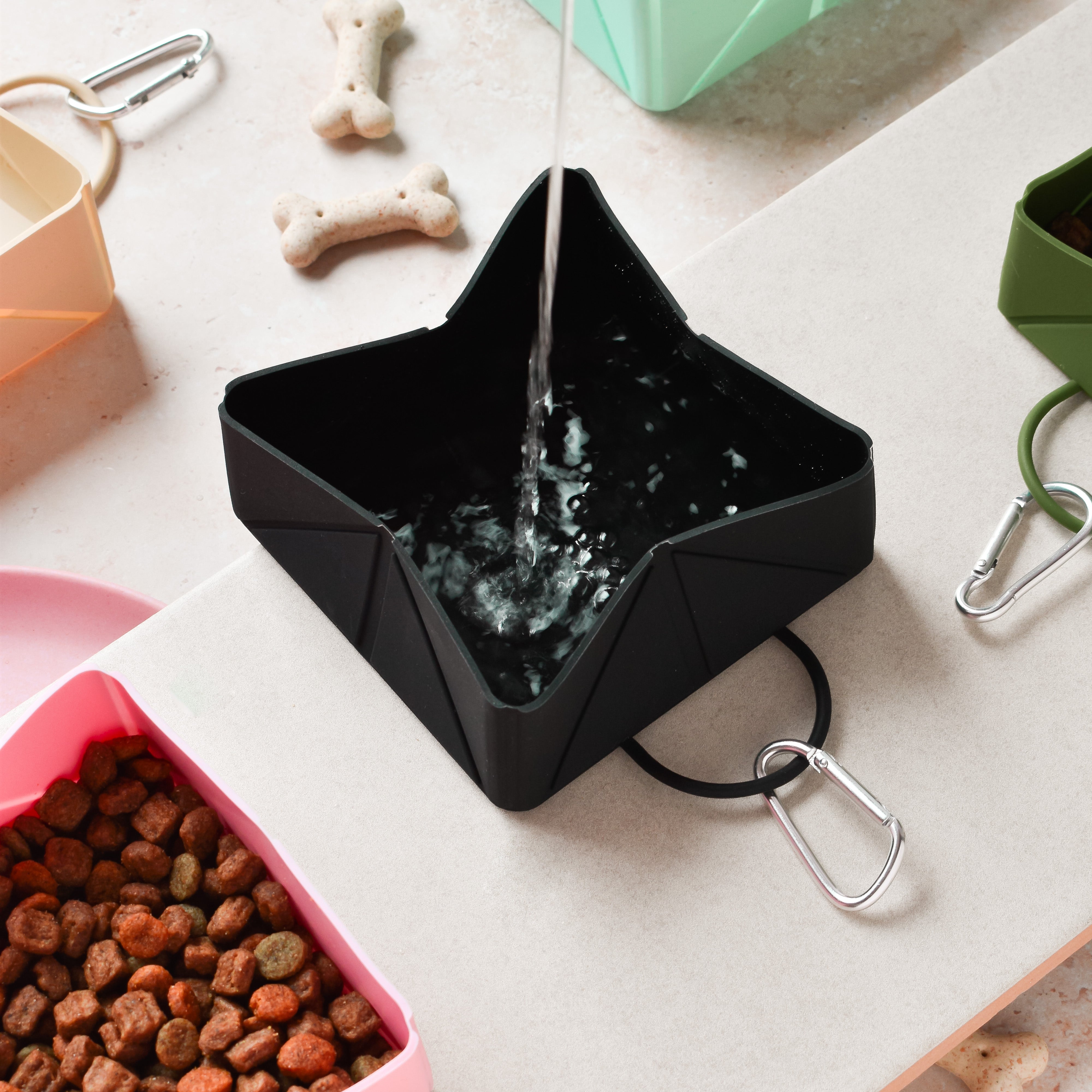Top 5 Things Every New Puppy Parent Needs to Know
Bringing home a new puppy is a moment filled with joy, excitement, and a little bit of nervousness. As a new puppy parent, you're embarking on an adventure that will be rewarding, challenging, and endlessly heartwarming. But raising a puppy can feel a bit overwhelming. From training to feeding, here are the top five things you need to know to set your puppy—and yourself—up for success!
1. Establish a Routine Early
Puppies, like children, thrive on routine. A consistent daily schedule helps them understand when it’s time to eat, play, sleep, and go to the bathroom. This is especially important for house training, as puppies learn faster when they have a predictable routine.
Key Routine Tips:
- Feeding: Schedule meal times around the same times each day.
- Toilet Breaks: Take your puppy outside after they wake up, after meals, and every 1-2 hours in between.
- Play and Exercise: Puppies have a lot of energy but can tire quickly. Balance active playtime with rest to avoid overstimulation.
Keeping things predictable will give your puppy a sense of security and speed up their learning.
2. Socialisation is Key
Puppies go through a critical period for socialisation from around 3 weeks to 16 weeks of age. During this time, positive experiences with other dogs, people, and new environments can help them grow into well-adjusted adults. This period is also when they’re most open to learning new things, so take advantage of it!
Effective Socialisation Ideas:
- Introduce to Different People and Dogs: Make sure each interaction is calm and positive. Seek out puppy classes or puppy play dates to help them learn proper play behaviors.
- Expose Them to Various Sounds and Situations: Traffic noises, vacuum cleaners, and other common sounds should become familiar. This helps prevent fear later in life.
- Take It Slow: Avoid overwhelming your puppy. Allow them to approach new situations at their own pace, rewarding them with treats and praise for calm behavior.
Remember, the goal is for each experience to be positive so they can build confidence and resilience.
3. Focus on Basic Training and Boundaries
Training is essential to build a strong bond and encourage positive behavior. Start with basic commands like "sit," "stay," "come," and "leave it." Establishing these early will create a foundation for more advanced training later.
Training Tips for Success:
- Positive Reinforcement: Reward good behavior with treats, praise, and affection. Avoid harsh punishments, as they can harm trust and confuse the puppy.
- Short, Consistent Sessions: Puppies have short attention spans, so keep training sessions to about 5-10 minutes.
- Set Boundaries Early: Decide on house rules (such as furniture access and crate training) from day one. It’s easier to reinforce desired behaviors than to change habits later.
Creating a foundation of trust, respect, and communication through training makes the puppy-parent journey smoother and more rewarding.
4. Nutrition Matters
Good nutrition is the foundation for a happy, healthy puppy. Choose a high-quality puppy food that meets their specific breed, size, and age requirements. Puppy food has higher calorie content and nutrients to support rapid growth, so avoid switching to adult dog food until they’ve reached maturity.
Feeding Tips:
- Scheduled Feeding: Consistent meal times not only help with routine but also aid in house training.
- Portion Control: Consult with your veterinarian for the correct portion size based on your puppy’s age, breed, and activity level. Overfeeding can lead to obesity, while underfeeding can stunt growth.
- Avoid Table Scraps: Human food can lead to digestive issues and create begging behavior. Stick to treats made specifically for puppies.
Remember, the first year of life is crucial for growth, so quality food now will pay off in a healthier adult dog.
5. Prepare for the Vet and Health Basics
Regular veterinary visits are essential for vaccinations, health check-ups, and to address any potential issues early on. Your puppy will need a few rounds of vaccinations, parasite prevention, and eventually, spaying or neutering.
Health Care Basics:
- Vaccination Schedule: Core vaccines usually include distemper, parvovirus, and rabies. Your vet can guide you on timing.
- Parasite Prevention: Talk to your vet about flea, tick, and heartworm prevention.
- Dental Care: Puppy teeth fall out as adult teeth grow in, and starting a dental routine early can prevent dental issues down the line. Puppy-safe chews and teeth brushing should be part of the routine.
Frequent vet visits are also a great opportunity to ask questions and make sure your puppy is growing and developing as they should.
Final Thoughts
Bringing a puppy into your life is a journey that requires patience, dedication, and lots of love. By establishing routines, focusing on socialization and training, providing proper nutrition, and ensuring good health care, you’re setting the foundation for a happy, well-adjusted dog who will bring you joy for years to come.
Enjoy each moment—they’ll grow up faster than you can imagine!


































